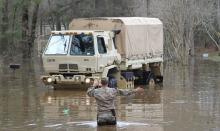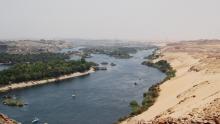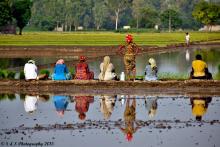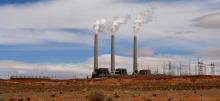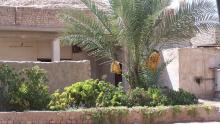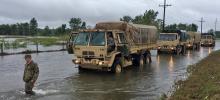A new report by the Clingendael Institute for the Netherlands Ministry of Defence highlights how military organisations respond to climate change through systematic adaptation and mitigation strategies. The study looks at how the Netherlands and 11 other armed forces predict, prepare, operate and contribute to climate change. Impacts are felt not only in their missions abroad, but also at home.



